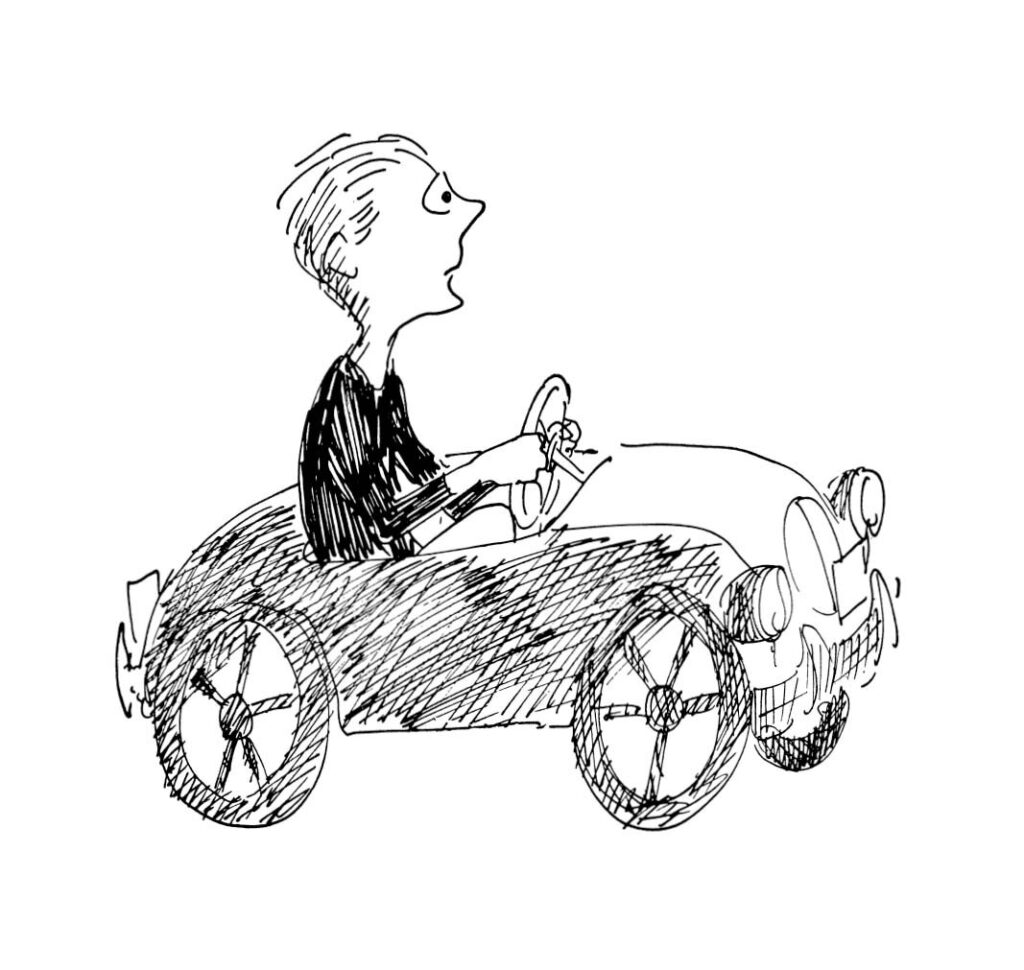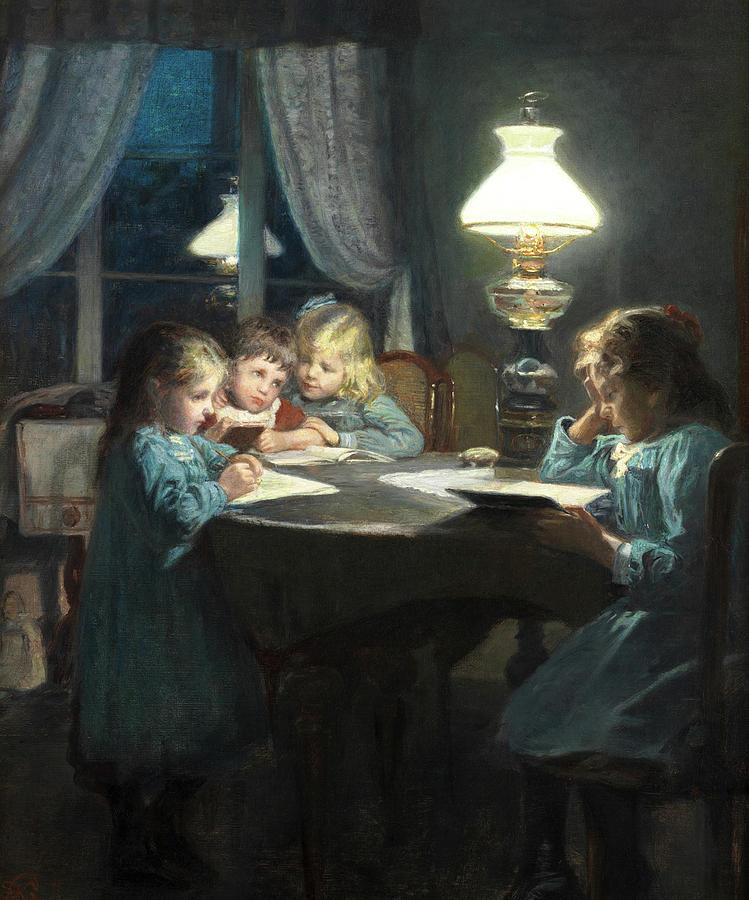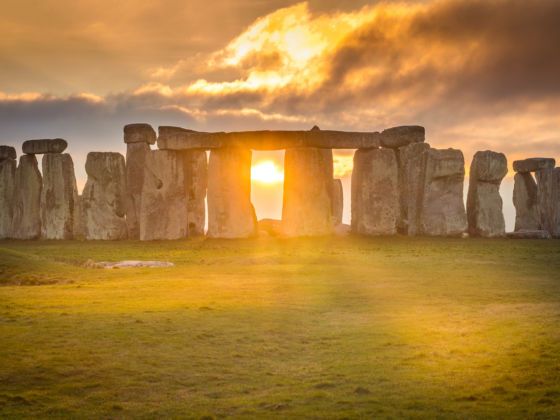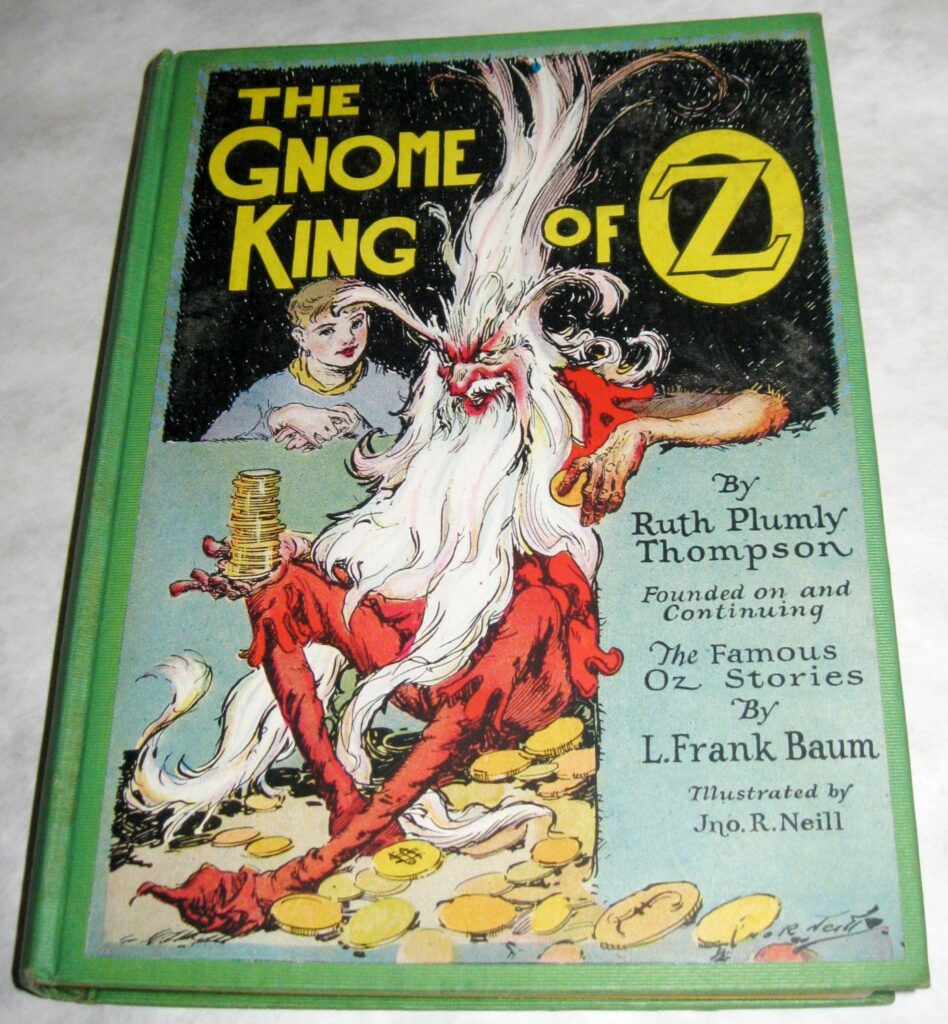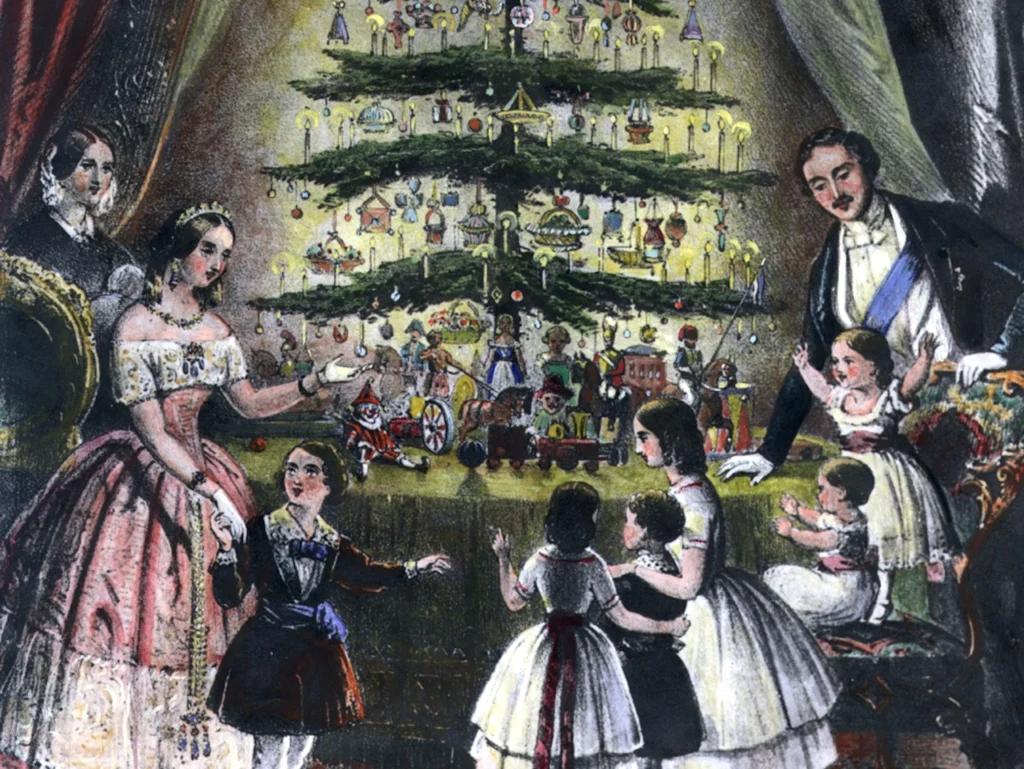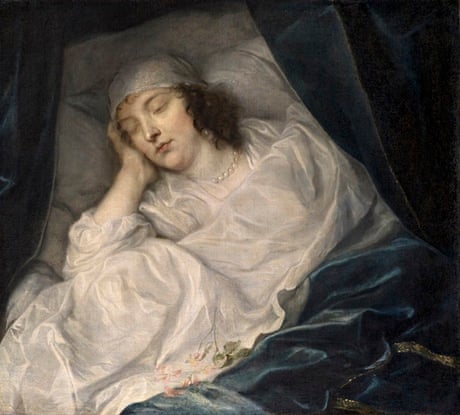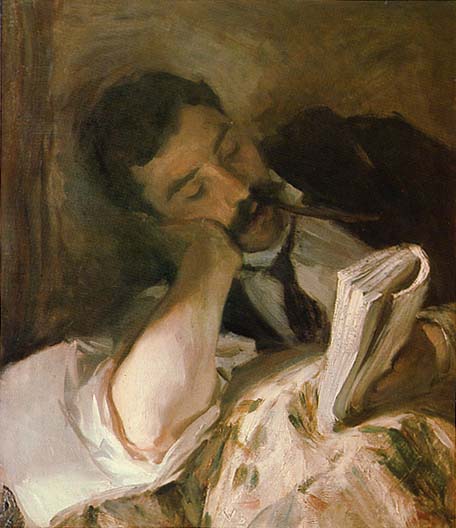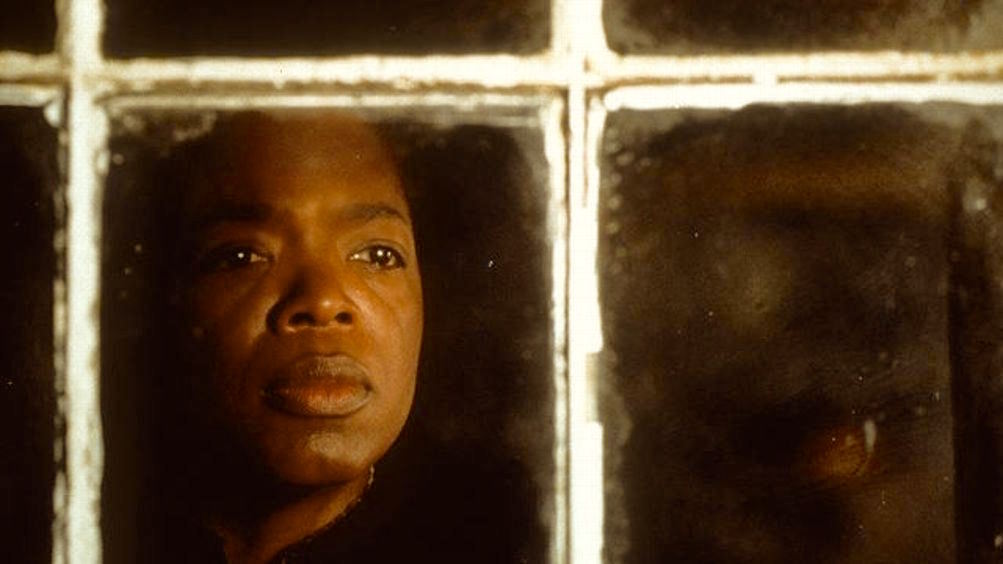Friday
The Scott Bates poem I shared in Wednesday’s post provides a good map of the books and poems that my father used to read to me and my brothers. In case there were any works that you do not recognize, here’s the key:
–Leerie is “The Lamplighter” in Robert Lewis Stevenson’s A Child’s Garden of Verses.
—The Phantom Toll Booth is Norton Juster’s witty journey into a word and number wonderland.
–The Cheshire Cat, of course, smiles its smile in Alice in Wonderland
–The “Chimes” is a reference to one of my all-time favorite Christmas stories, Raymond McAlden’s “Why the Chimes Rang.”
–Tom piping up is Mother Goose’s “Tom, Tom, the piper’s son,/Stole a pig and away he run.” My father read us Mother Goose so many times that not a day goes by that a chance word doesn’t trigger at least one of them.
–As a child I loved hearing my father read Edward’s Lear’s nonsense poetry, including “The Owl and the Pussycat,” “The Pobble that Had No Toes,” and “The Dong with the Luminous Nose.”
–“The Selfish Giant” is Oscar Wilde’s great Christian children’s story.
–Mr. Pickwick from Charles Dickens’ The Pickwick Papers helped establish Christmas as we have come to know it and so is particularly appropriate to this poem.
–The “Meadow Mice” are from one of my favorite chapters in Kenneth Graham’s Wind and the Willows, where Mole and Ratty find their way back to Mole’s old home and have an impromptu Christmas meal with carolers.
–Long John Silver, of course, is Stevenson again (Treasure Island).
—Uncle Remus and Br’er Rabbit are from the African American folktales collected and adapted by Joel Chandler Harris.
–Toby is the gentle Uncle Toby in Tristram Shandy who, like my father, can’t bear to see animals of any kind, even pests, suffer. (At one point Toby gently releases a fly.) We named our youngest son in part after this Toby.
–Peggotty and Ham are from Dickens’ David Copperfield while Friday and Scrooge (of course) are from Robinson Crusoe and Christmas Carol. If Dickens set the stage for our modern Christmas with Pickwick Papers, then he consolidated it with Christmas Carol. Then he followed that up with a string of other Christmas stories, including The Cricket on the Hearth.
–Sancho Panza, Don Quixote’s sidekick, was the subject of one of my favorite poems by my father, who sees him as matter-of-fact reality at war with the world of the imagination. In this case, a windmill finds itself deprived of the chance to be a knight:
Let this be my hour
Sancho Panza: my wind is up
my arms are aching for your flourMy battle never has been won
since chivalry’s finest flower
withered in your sunO gaseous ball: my knight
is gone to the asylum and no one comes
Sancho Panza come and fight
—The First Christmas Tree is the Christian conversion story by Henry Van Dyke.
—Ladies with their knights could be anyone, starting with the Arthur stories, but I suspect my father particularly had in mind Sir Walter Scott’s Ivanhoe.
–There are many Magic Islands in literature but the one I remember most from my childhood, more even than Treasure Island and Robinson Crusoe, is Johann Wyss’ The Swiss Family Robinson (1812). All fantasy literature functions as a kind of magic island, and some of the ones that were big in our family when I was growing up were Oz, Never Never Land, and Middle Earth.
–Caves appeared in a number of stories that our father read to us, including “Ali Baba and the 40 Thieves,” “Aladdin,” and “The Scotch Twins” (by Lucy Finch Perkins).
–The Hollow Tree series by Albert Bigelow Paine was popular with children in 1900. There are also magical hollow trees in Peter Pan and The Swiss Family Robinson.
—The Jungle Books, and Kipling’s stories in general,were very important to us as children.
—The Scottish Highlands my father had in mind were those that appear in Stevenson’s Kidnapped. In Wednesday’s post I mentioned reading Jane Porter’s 1809 work The Scottish Chiefs late into the night after receiving it for Christmas.
Notice how many of the works are fantasy. When life was unsatisfactory—and we were witnessing a lot of racial hatred in the 1950’s and early 1960’s—then fantasy was always a place we could go. It explains why I still go to books for comfort. My literary fantasies have just become more complex.
